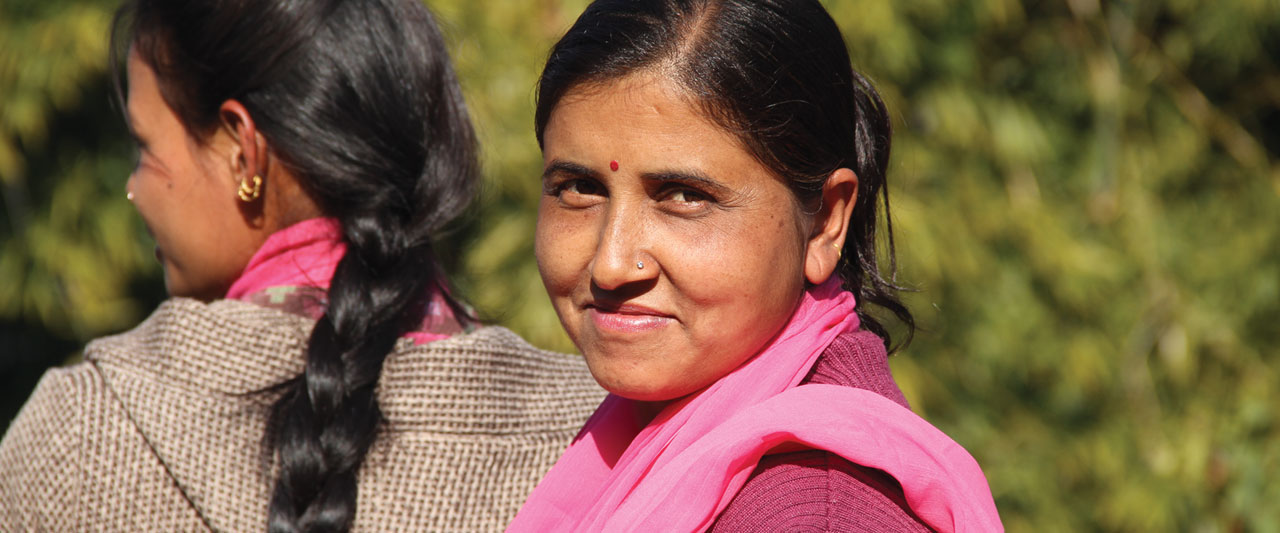A new law in Nepal aims to further expand access to reproductive health services, including safe abortion care.
The Safe Motherhood and Reproductive Health Rights Act, approved by Parliament and endorsed by the President Rt. Hon. Bidhya Devi Bhandari on Sept. 18, includes provisions increasing the number of conditions under which abortion is legal and requiring all levels of government to ensure that funding is available to fulfill the government’s earlier mandate for free abortion care in public health facilities.
Under the new law, abortion is permitted with consent of the pregnant woman up to 12 weeks gestation. It is permitted up to 28 weeks gestation in cases of rape or incest, if the woman is HIV positive or has an incurable disease, in cases of fetal malformation, and to save the life of the woman.
“This is a major step forward for the women and girls of Nepal,” says Dr. Shibesh Chandra Regmi, country director for Ipas Nepal, which partnered with other organizations to advocate for the law. “It shows a strong political commitment from the government of Nepal with respect to reproductive health and rights and moves Nepal closer to the goal of universal access to abortion care and other reproductive health services.” The act spells out, for instance, that reproductive services should be available to adolescents and to people with disabilities.
Abortion has been legal for some indications in Nepal since 2002 and is available in all 75 districts, but many barriers have prevented access to services—such as cost, lack of services in remote areas, lack of information about services and lack of knowledge that abortion is legal. A 2014 report by the Guttmacher Institute found that fewer than half of all abortions in Nepal were provided legally in government-approved facilities, noting that “the remainder were clandestine procedures provided by untrained or unapproved providers or induced by the pregnant woman herself.” In addition, there continue to be situations in which women are prosecuted, and in some cases imprisoned, for abortion-related crimes.
“The new law will help to address the untimely deaths and long-term injuries suffered by Nepalese women and girls who, in the absence of such a law, would be compelled to visit unsafe and illegal places for abortion,” says Regmi. “But there is more work to be done. Along with our partners, Ipas Nepal will be working for meaningful implementation of the law, and we will continue to advocate for the complete decriminalization of abortion.”
For more information, contact [email protected]


